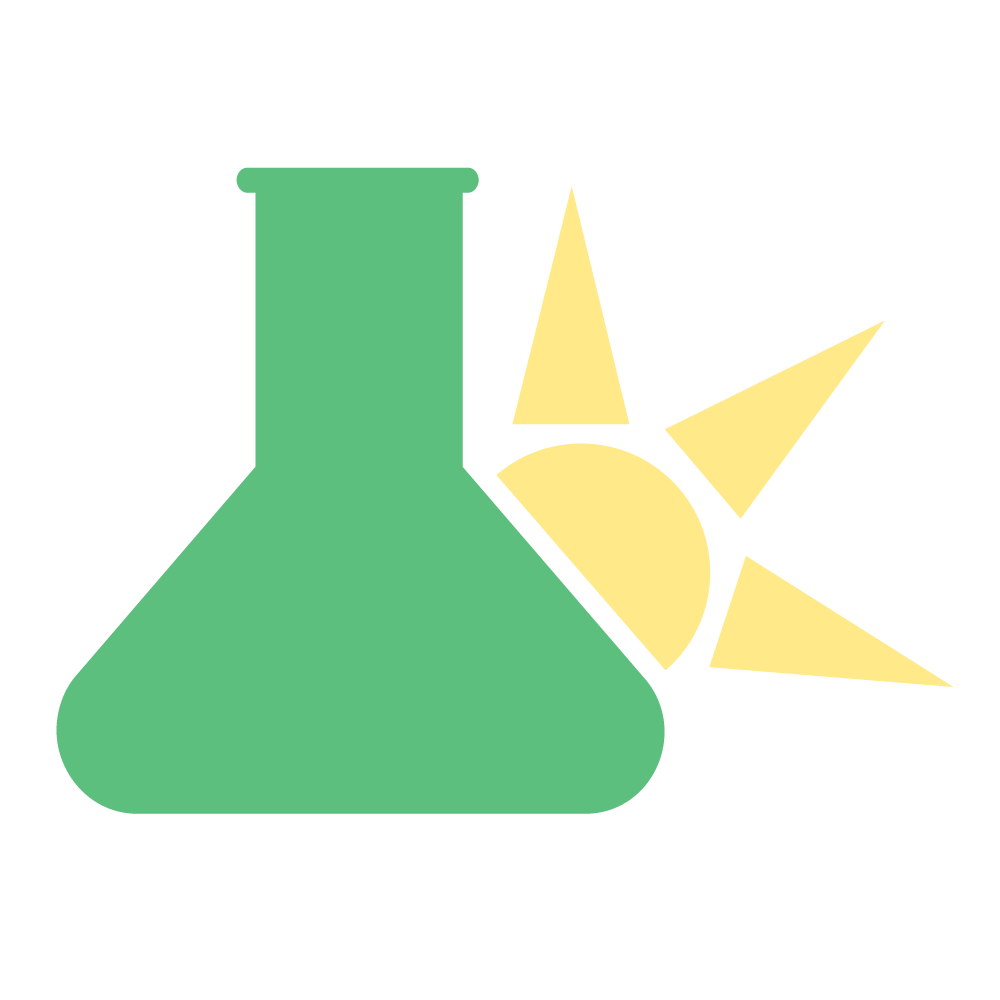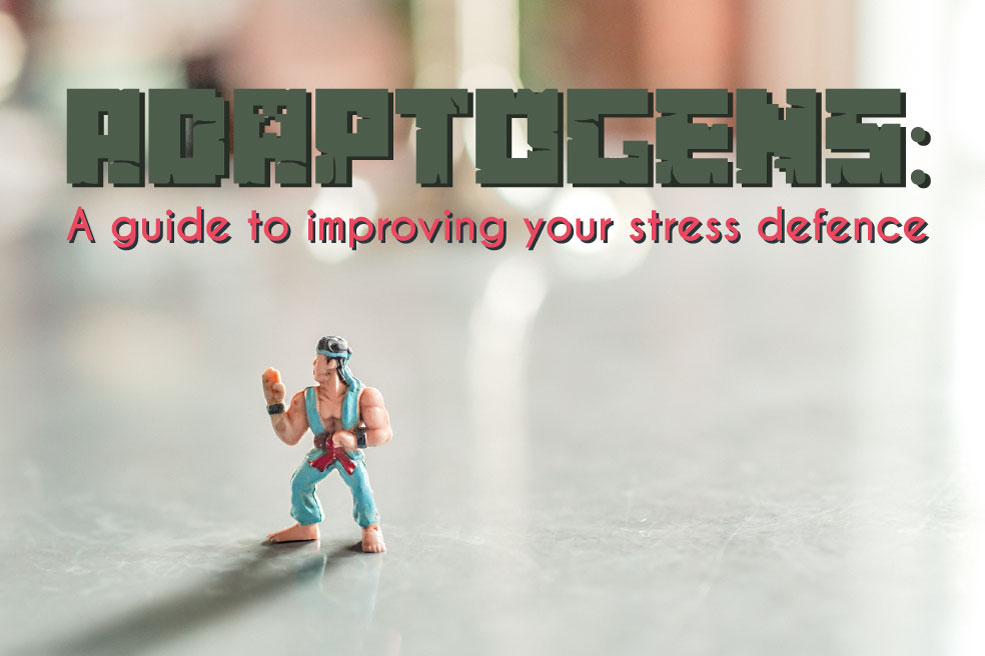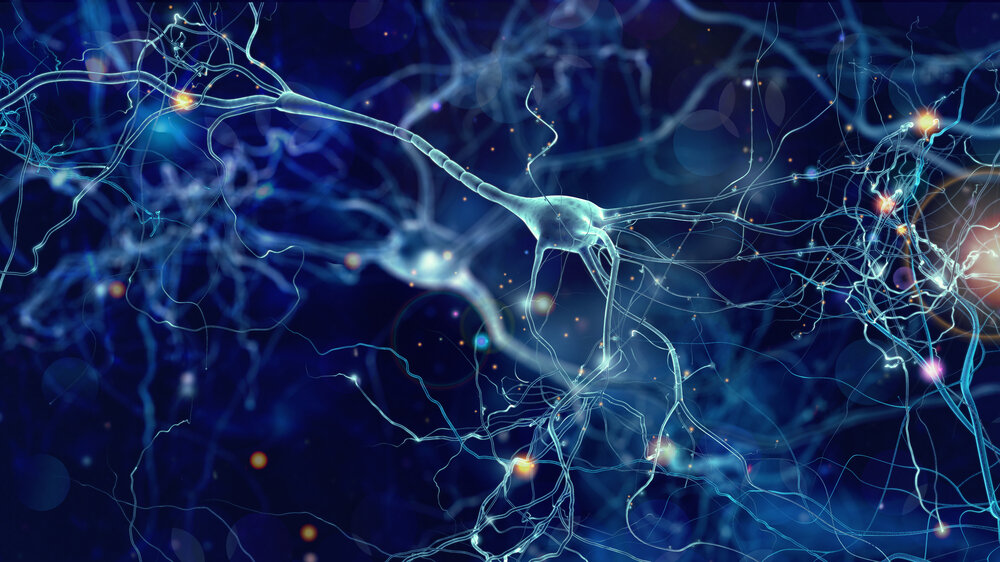An adaptogen is a substance that causes a non-specific increase in the bodies ability to resist and recover from stress or noxious influences. They increase the bodies vitality and help it defend maintain its homeostasis despite environmental changes. It is a term that was first coined by Soviet scientists in the 1960s.
By increasing the bodies ability to buffer, or resist stress, it allows the body to withstand stressful situations for longer periods of time before the alarm phase is reached and exhaustion and illness occurs.
In order to classify as an adaptogen, the substance must be:
- Non-toxic and relatively free from side effects
- Non-specific in its actions
- May have a normalising action irrespective of whether or not the stress driven state is hypo or hyper functions.
"Adaptogens do not block the stress response, but instead smooth out the associated highs and lows". - David Hoffman in Medical Herbalism: The Science and Practice of Herbal Medicine
What is stress?
Stress is anything that changes the homeostasis of the body. The body must react to these changes in order to return us back to normal. This can include emotional, and physical stress. Poor diets, financial debt, heartbreak, physical injury, temperature changes, dehydration, or any other change or strain on homeostasis.
Mental stress is not as obvious a change in homeostasis as say, a broken leg or other physical stress, but does have the same damaging effects on the body, especially over long periods of time, the brain controls all parts of the body, and will respond to this emotional and mental stress by responding through the organs of the body such as the heart, blood vessels, and muscles, which manifests this mental damage as physical.
How adaptogens work:
1. Hypothalamus pituitary adrenal axis in the stress response
The hypothalamus pituitary adrenal axis (HPA-axis)is a complex interconnected system of hormones that control nearly all homeostatic actions in the body. This is directly related to the stress response because when stress is induced, changes to homeostasis occur and this system is responsible for bringing it back to normal again. Long term pretreatment with adaptogenic herbs that work off of this HPA-axis help to normalize stress hormone levels, and improve the effectiveness of the HPA-axis in returning the body to normal. Herbs that interact with the HPA-axis includes maca (Find it on Amazon here, or at Harmonic Arts here), licorice, rhodiola, and ashwagandha are best for this.
2. Glucose metabolism
Glucose is the source of the majority of the energy in our bodies (ketogenic dieters aside). This sugar is used to produce ATP which is the molecule we use in our cells to provide energy and is what powers nearly all processes in our bodies. Without it, we would surely die. Maintaining this glucose in adequate but not excessive amounts then, and maintaining its availability consistently throughout the day is important in maintaining this homeostasis. When stress occurs, our body must use energy in order to bring it back to normal. If we do not have enough energy to do this, we cannot resist the stressor any longer and it will result in damage or illness. This is why some adaptogenic herbs work by maintaining this glucose balance.
They can work by:
- Enabling a faster, but not so exaggerated response of glucose rise when exposed to stress
- Allow a more sustained blood glucose peak
- Slow the blood glucose level decline after the peak
- Improve the utilisation of glucose in the cells
- Improve the storage of glycogen (stored glucose)
Herbs such as:
1. Yerba Maté
(Ilex paraguariensis)
yerba maté modulates several genes associated with fat and glucose metabolism, and increases fat metabolism through thermogenic activity.
Learn MoreGreen Tea
(Camellia sinensis)
Green tea contains epigallocatechin, which has shown marked improvements in insulin sensitivity.
Learn More3. Improve cognitive function and reduce anxiety.
There is a class of herbs or substances known as nervines. These are often akin to nootropics, but generally bring more of a sedative connotaion with them. They basically improve the health of the nerves, and relax the mind. Many of these substances are also adaptogens for their ability to improve the nerve cells overall, often in a non-specific way. By improving the nerve cell health, this allows the nerves to resist a greater stress load which can end up having an astounding impact on the rest of the body.
Herbs such as:
1. Schisandra
(Schisandra chinensis)
Schisandra improves cellular metabolism and protects the neurons from oxidative damage.
Learn More2. Gingko
(Gingko biloba)
Gingko dilates the cerebral arteries and improve blood flow to the brain.
Learn More3. Passionflower
(Passiflora incarnata)
Passionflower provides monoamine oxidase inhibitors that increase the monoamine neurotransmitters like dopamine and serotonin in the brain.
Learn More4. Ginseng
(Panax ginseng)
Learn More5. Muira Puama
(Ptychopetalum olacoides)
Muira puama increases acetylcholine in the brain by inhibiting the enzme that breaks it down at the synapse.
Learn More6. Catuaba
(Trichilia catigua)
Catuaba stabilises the balance between serotonin and dopamine within the brain.
Learn More7. Gotu Kola
(Centella asiatica)
Learn More4. Balance the immune response
Herbs such as:
1. Reishi
(Ganoderma lucidum)
Learn More2. Cordyceps
(Cordyceps sinensis)
Learn More3. Chaga
(Inonotus obliquus)
Learn MoreAlbizzia
Albizia lebbeck
Learn MoreCat's Claw
(Uncaria tomentosa)
Learn MoreOther Adaptogens:
- Rhodiola (Rhodiola rosea)
- Acanthopanax (Acanthopanax sessiliflorum)
- Sakhalin spikenard (Aralia schmidtii)
- Asian devils club (Echinopanax)
- Codonopsis (Codonopsis pilosa)
- Holy Basil (Ocimum sanctum)
- Eucommia bark (Eucommia ulmoides)
- Guduchi (Tinospora cordifolia)
- Guarana (Paullinia cupana)
- Sarsaparilla (Smilax)
- Suma (Pfaffia paniculata)
- Samambaia (Polypodium leucotomos)
- Erva Tostão (Boerhaavia diffusa)
- Abuta (Cissampelos pariera)











As COVID-19 continues to spread around the world, we’re getting a lot of questions on what the potential role of herbal medicine is during the outbreak. Learn how the virus works and how to limit your chances of transmission.